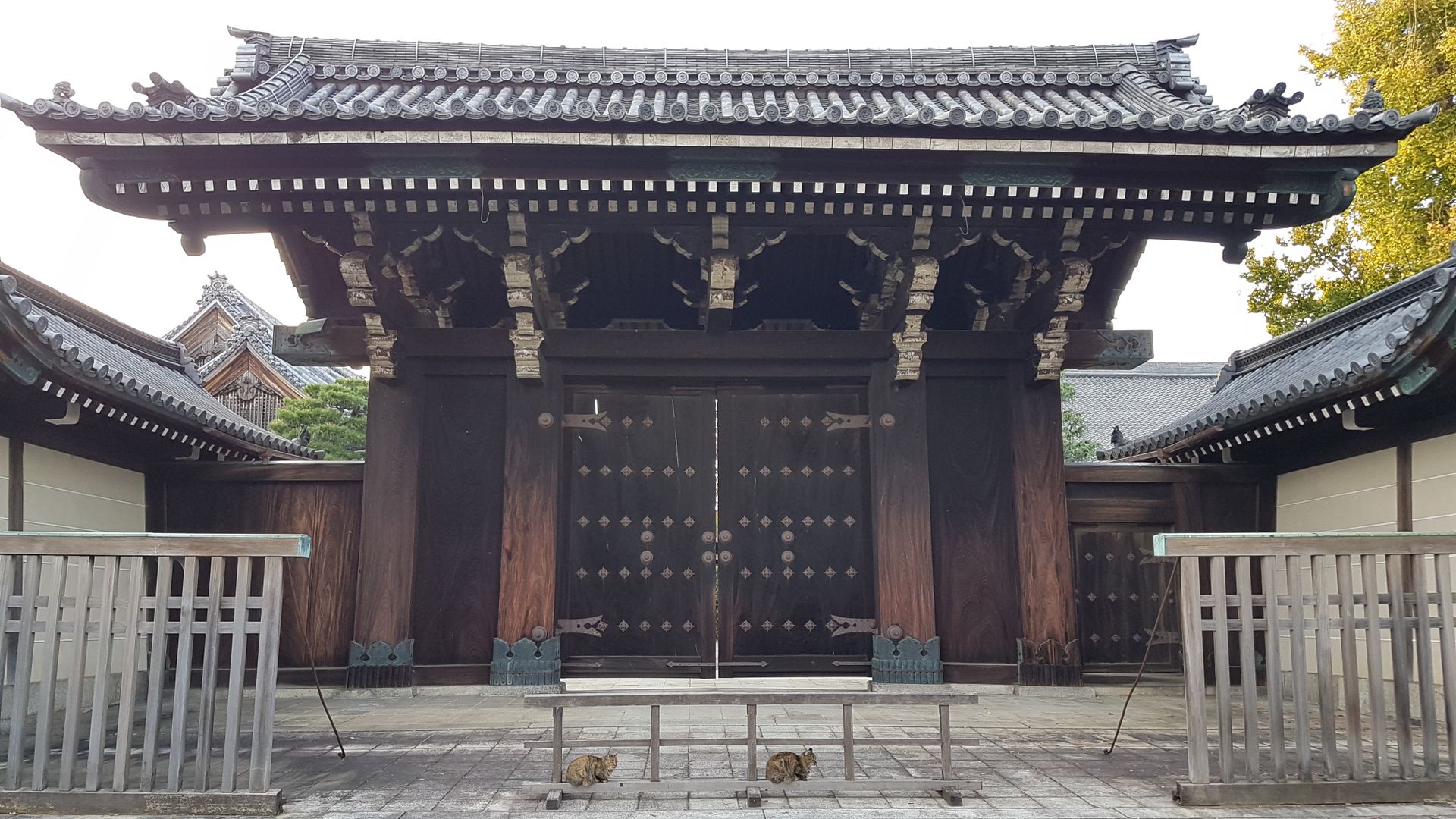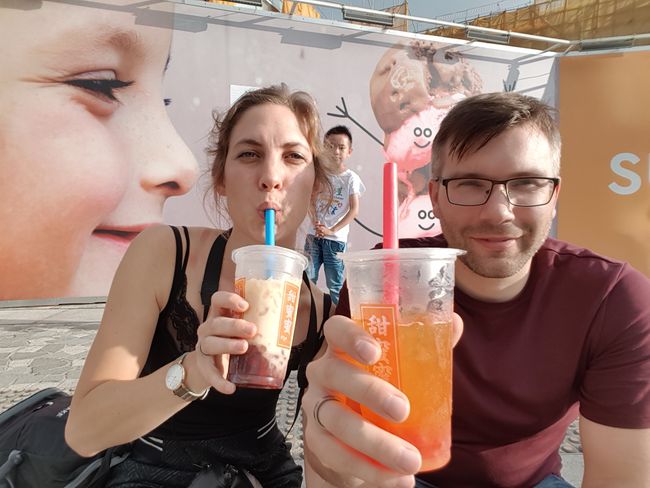Japanese courtesy
Maxxanfame: 22.12.2018
Barruu Oduu Subscribe godhaa
Japanese people are considered very polite. We also have this experience, and the Japanese don't let their lack of English skills stop them from wanting to help, which led to some funny situations.
It doesn't really matter where we stood in the way and were looking for the right train, for example - we were approached by Japanese people and asked where we wanted to go. If they cannot help us, then they see it as their personal task to get us the information we need. Will they miss their train themselves as a result? Doesn't matter!
In our first week we stood helplessly at the station. We accidentally took the train to Tanabe (district of Osaka), although we actually wanted to go to Ki-Kanabe at the start of our hike, which is about 3 hours by train.
A nice lady asked us immediately if she could help us. At least that's what we concluded from the context, because she hardly spoke English and talked to us in Japanese. We showed her on the map that we were going to Ki-Tanabe, which elicited a torrent of hai, hai, hai. Hai means yes in Japanese, our knowledge of Japanese was enough for that. She gestured for us to stop and ran headlong through the station looking for answers. Finally she found which train to take and motioned for us to follow her. We followed her through the different levels of the station and were already completely lost until she led us to a railway employee. There a long, committed conversation developed between her and the railway employee in Japanese, who probably gave her all possible connections and times to Ki-Tanabe. However, we only understood the word "Ki-Tanabe" from the whole conversation, which was repeated several times.
She then took us to an information center, where she again had a longer conversation with the employee and we were then handed a reservation ticket for the required train.
We said goodbye to our rescuer with many polite bows and words of thanks, and she thanked us warmly with the Japanese "Arigato", whereby the o at the end of the word is pronounced long - Arigatooo. We're not entirely sure what she thanked us for... For arranging the right train for 20 minutes from the wrong train station for silly tourists?
Fortunately, 3 hours later we finally arrived in the real Ki-Tanabe, where a strenuous hike awaited us.
Basically, Japanese people have the habit of saying thank you profusely for every little thing, and when we say thank you, we also say thank you, which leads to an endless cycle.
In Tokyo, for example, we ate at a traditional soba (buckwheat noodle) restaurant, where you take off your shoes at the entrance and sit on the floor in front of a low table. Our waiter was a young Japanese man who knew some English and was proud to use it. The owner of the restaurant was probably an old Japanese woman with no knowledge of English.
At the end of the meal, the following conversation ensued, which is typical for Japan:
We pay - the young man thanks him profusely with a bow and "Arigatoo", we also answer with an enthusiastic "Arigatooo" and bow. Did we like the food? - "Yes - very tasty" This praise is again acknowledged with a bow and "Arigatoo", which we of course reply. We put on our shoes - this also triggers an enthusiastic arigatooo. We walk towards the exit. The young man was now reinforced by the old lady, who together intoned a chorus of "Arigatooo", which we respond to with some Arigatoos and bowing to the exit. But the food tasted really good, you can say thank you 10 times!
Barruu Oduu Subscribe godhaa
Deebii

